Relationships where one of the partners lives with ADHD often develop a special emotional dynamic. And this condition can manifest differently each time. People living with ADHD often face difficulties with concentration, emotional control, or impulsivity. It also frequently manifests in forgetfulness, sudden and inexplicable mood changes, and inattentiveness during important conversations. And partners without these traits may perceive this as indifference, irresponsibility, or even rejection, especially if they don’t know or understand what it’s related to.
In such relationships, unresolved misunderstandings easily grow into constant conflicts. And over time, both partners begin to feel tired, that they simply don’t understand each other, and, as a result, a sense of loneliness, but each in their own way. And here it’s important to remember that behind forgetfulness or inattention often lies not indifference, but real difficulties that a person faces due to ADHD.
Communication Challenges and Ways to Overcome Them
If you’ve encountered difficulties in a relationship where one of the partners lives with ADHD, I recommend starting by studying the topic more deeply. The article ADHD and relationships can help with this, where it’s explained in detail how attention and behavioral characteristics affect emotional closeness, mutual understanding, and trust in relationships.
Quite often in such couples, it turns out that they simply get stuck in the same arguments that arise again and again for the same reasons. For example, one of the partners says, “You’re not listening to me,” simply not understanding that it’s really difficult for a person with ADHD to control this, and as a result, they end up feeling guilty.
And in such situations, a technique called nonviolent communication (NVC) becomes useful. This is when, instead of accusations, you need to describe the situation and what specifically you didn’t like about it, what you felt at that moment, and what you would like in response.
For example: “When you interrupted me in the middle of a conversation, I felt that it wasn’t important to you. And I would like my thoughts to be heard completely.”
This approach relieves tension and helps establish a warmer and more trusting contact between partners. Joint rituals also help:
- weekly conversations — short but regular discussions about relationships, feelings, expectations, and difficulties that the couple faced during the week
- introducing a shared calendar to plan meetings together, mark important dates, designate joint tasks, or even plan vacations
- simple reminders about little things that aren’t quite convenient to put in the calendar. For example, buying a gift, calling back, taking out the trash, or reminding someone about’s birthday.
Some couples also use apps for building routines or tracking mood. For instance, on Reddit, one user shared their Liven app review, which helps form habits and develop self-awareness. For each person and each situation, these tools will work differently. But the main essence remains – to make communication between people with different types of thinking more conscious.
Emotional Dynamics: Shame, Need for Support, and the “Parent-Child” Trap
One of the fairly common scenarios in a relationship with ADHD is the “parent-child” pattern. However, this scenario is not yet frequently discussed. The situation develops in a way that the partner without ADHD takes on a supervisory or controlling role, while the person with ADHD eventually starts to feel helpless and becomes ashamed of their lack of independence.
In reality, such an imbalance exhausts both partners. Because one feels overloaded, the other feels incompetent. And as a result, instead of mutual support, emotional burnout occurs.
Therefore, to break out of this scenario, it’s important to openly discuss roles and responsibilities. For example, it’s better to directly ask “What might help you remember this?” rather than repeating “You forgot again!”
That’s why it’s important to develop systems together that can make everyday life easier without creating the feeling that one partner is more significant than the other.
It’s also useful to learn to distinguish ADHD symptoms from habits that can be changed. Sometimes it helps to remind yourself and each other that behind words or actions might stand not the person, but manifestations of their ADHD. And then, this helps not to take what’s happening personally and maintain respect for your partner.
Shared Routines as Support for Both Partners
Routine is a real lifesaver for relationships where ADHD exists. Predictability and stability help reduce anxiety and enable the performance of familiar obligations—whether it’s bills, cleaning, or spending time together. But it’s important that the routine is built together, not forcibly imposed.
Here are some ideas that can help:
- Task exchange. Each person takes on what’s easier for them to do. This approach helps maintain balance and takes into account each person’s strengths. Ultimately, this will reduce tension and help prevent feelings of unfairness when one partner is overloaded while the other falls behind.
- Visual reminders. Sticky notes, timers, and color schemes help keep tasks and agreements visible without overloading memory. This is especially useful when you need to quickly orient yourself in tasks and not forget important things in the flow of everyday life.
- Transform routine into a game. For example, cleaning the kitchen in 15 minutes as a challenge. This format will help reduce resistance and add an element of competitive spirit. This is especially useful when performing routine tasks that seem tedious.
You can also use behavior trackers to note how everyday habits and reactions change, as well as track progress. This helps track even small and seemingly insignificant changes that over time become quite significant transformations. And also, it will allow you to understand which approaches really help and which should be reconsidered.
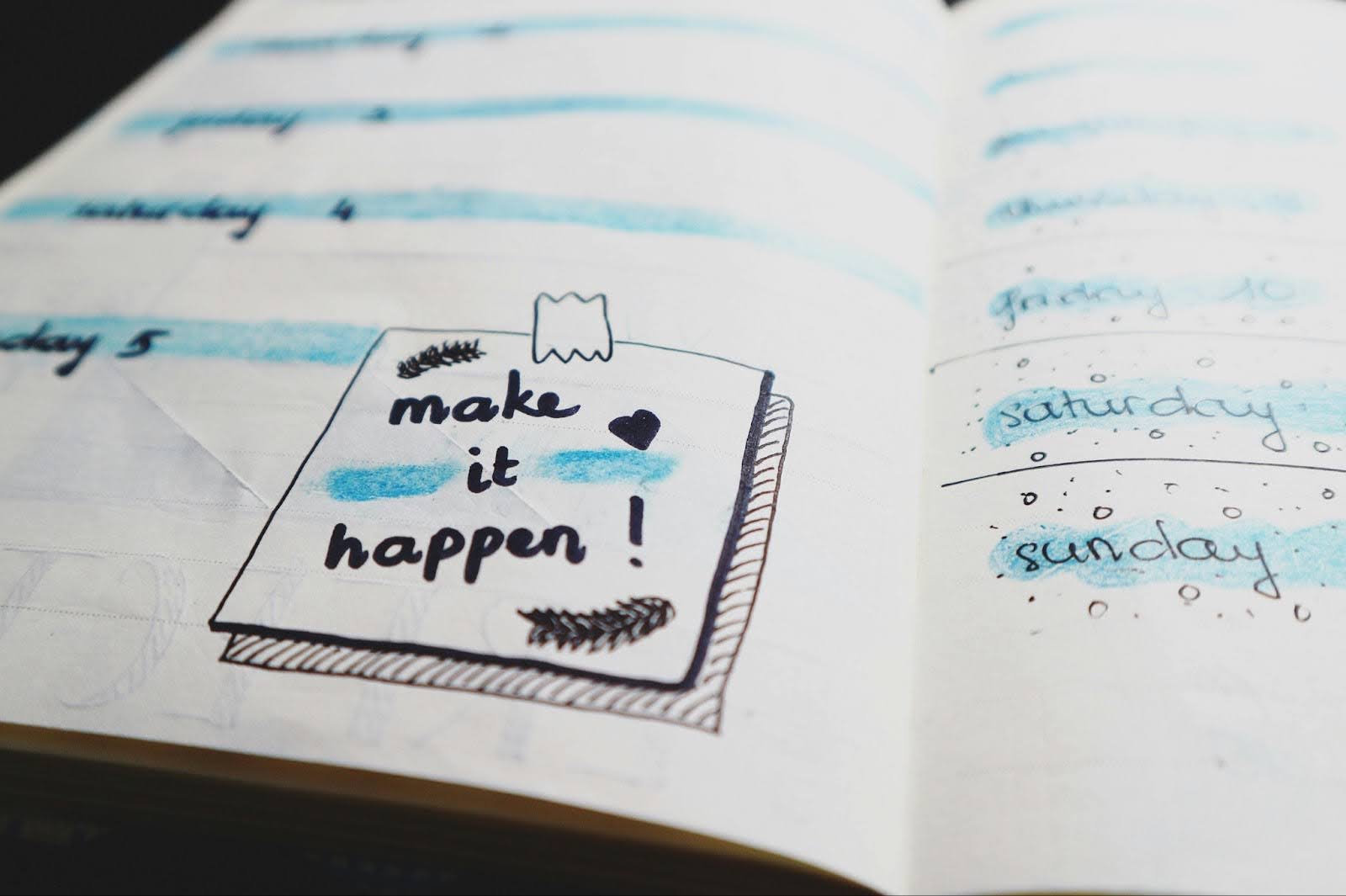
How to Navigate Conflicts and Restore Trust
For building strong and lasting relationships, trust is important, and partners should be able to rely on each other. This creates a sense of reliability, which is built on the consistency of words and actions that match expectations. But in couples with ADHD, unintentional breakdowns can occur. A partner may forget something, react sharply, or suddenly withdraw into themselves, and this can undermine the feeling of reliability and stability.
Here are several steps that will help restore trust:
- Acknowledge the impact of ADHD on the relationship. This helps avoid ignoring difficulties and shows your partner that you understand the reasons for their behavior.
- Small victories: even simple steps (arriving on time, remembering to call back) are important because they help restore a sense of reliability and show that the partner understands their efforts are valued.
- Quick recovery: after a conflict, it’s better to discuss the situation without delay. This helps prevent accumulating resentment and immediately restores contact.
- Focus on moving forward, not on the result. This way, you’ll begin to notice the path you’ve already traveled, and it will motivate you to keep going.
Remember that emotional safety is when both feel accepted and seen. And sometimes, it might be worth consulting with a couples therapist for this.
Conclusion
With the right approach, partners can not only cope with ADHD but also grow together through this experience. Relationships with ADHD are not about having to endure everything or accept detachment. It’s an opportunity to see each other in a new way. ADHD is a different way of perceiving the world. And harmony in such relationships emerges when both learn to overcome differences with empathy, patience, and support.

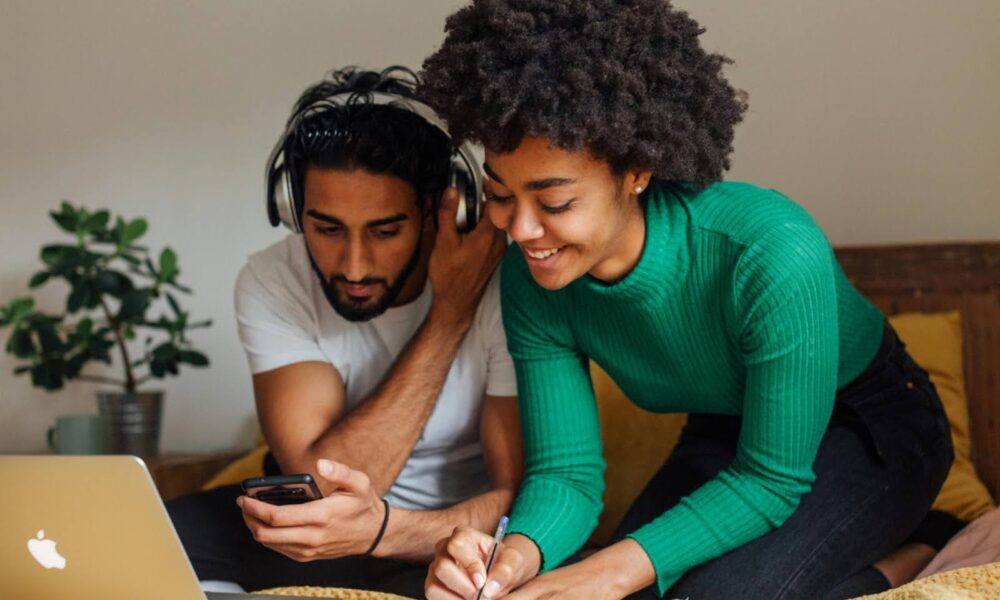




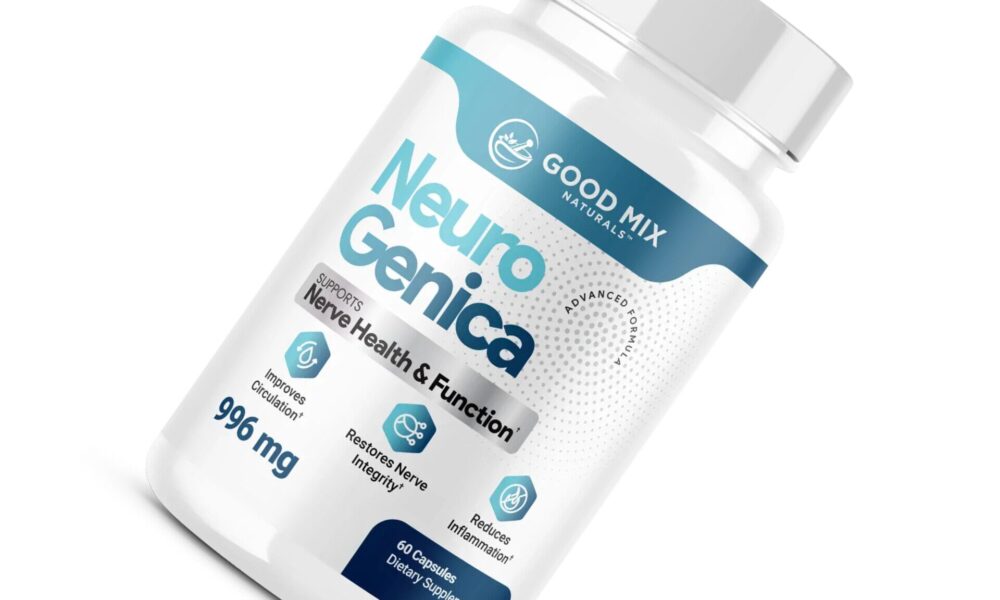

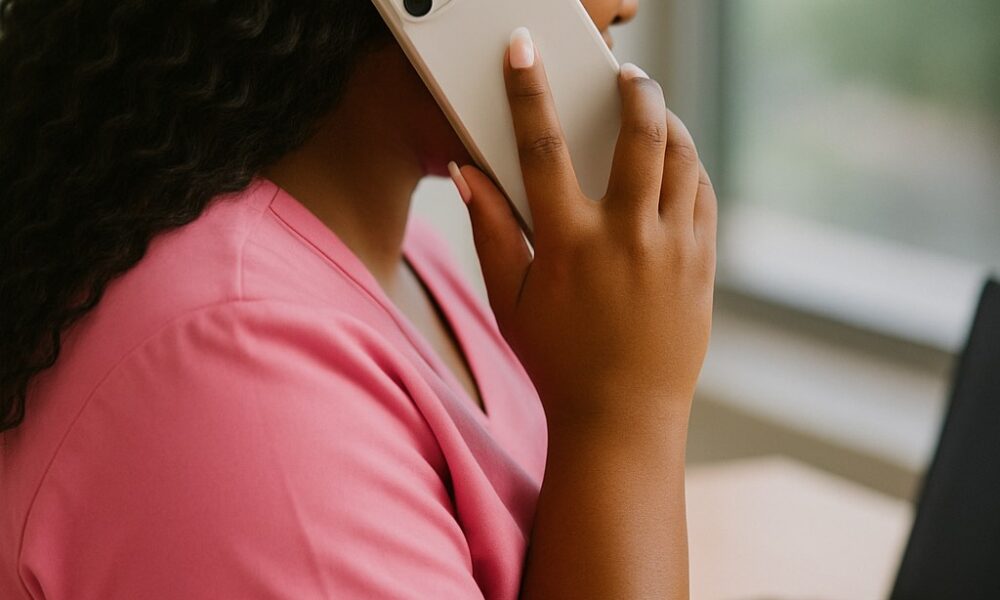
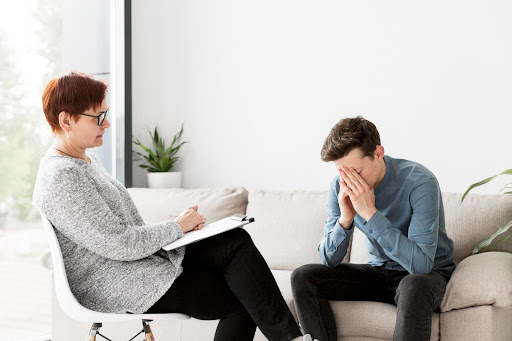

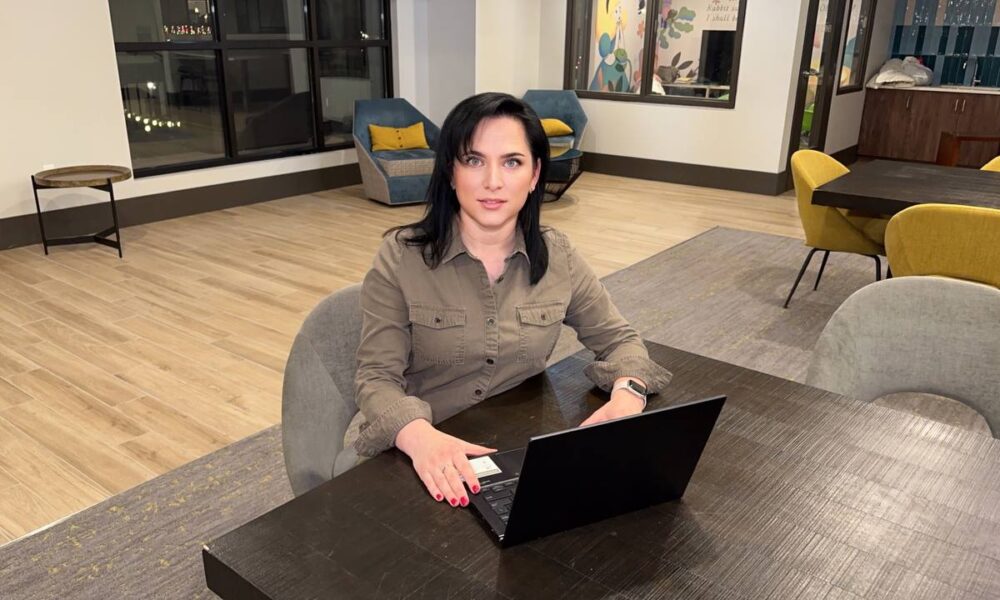

Leave a Reply